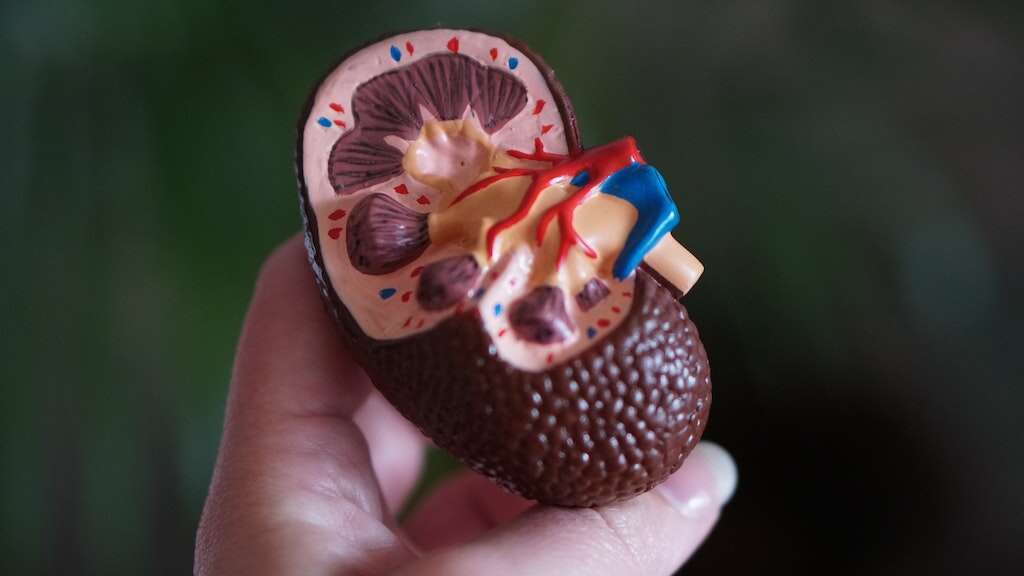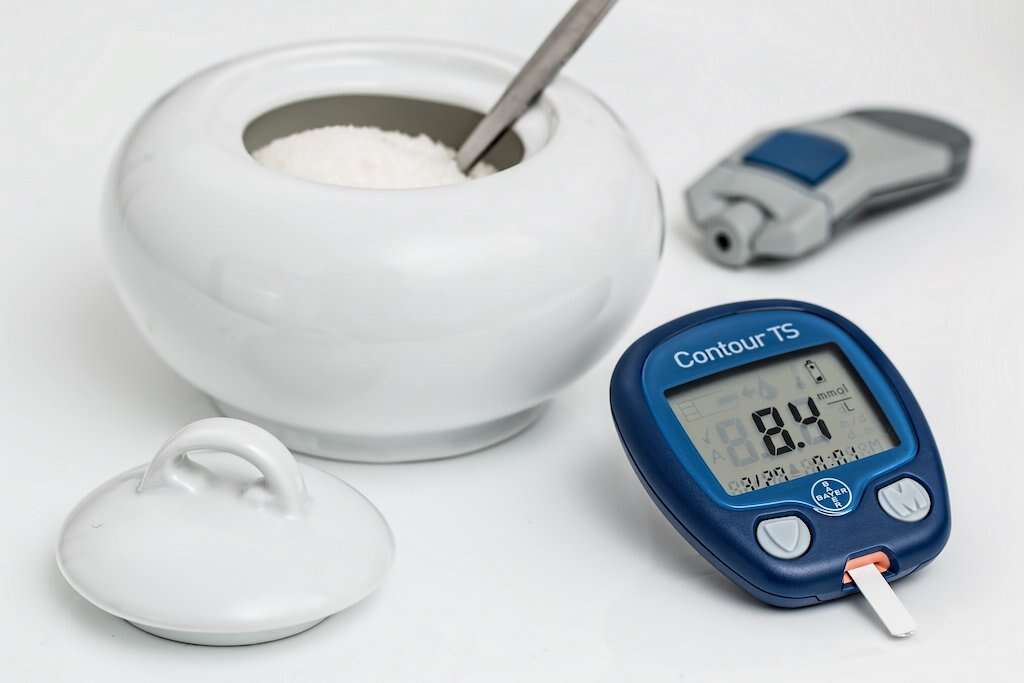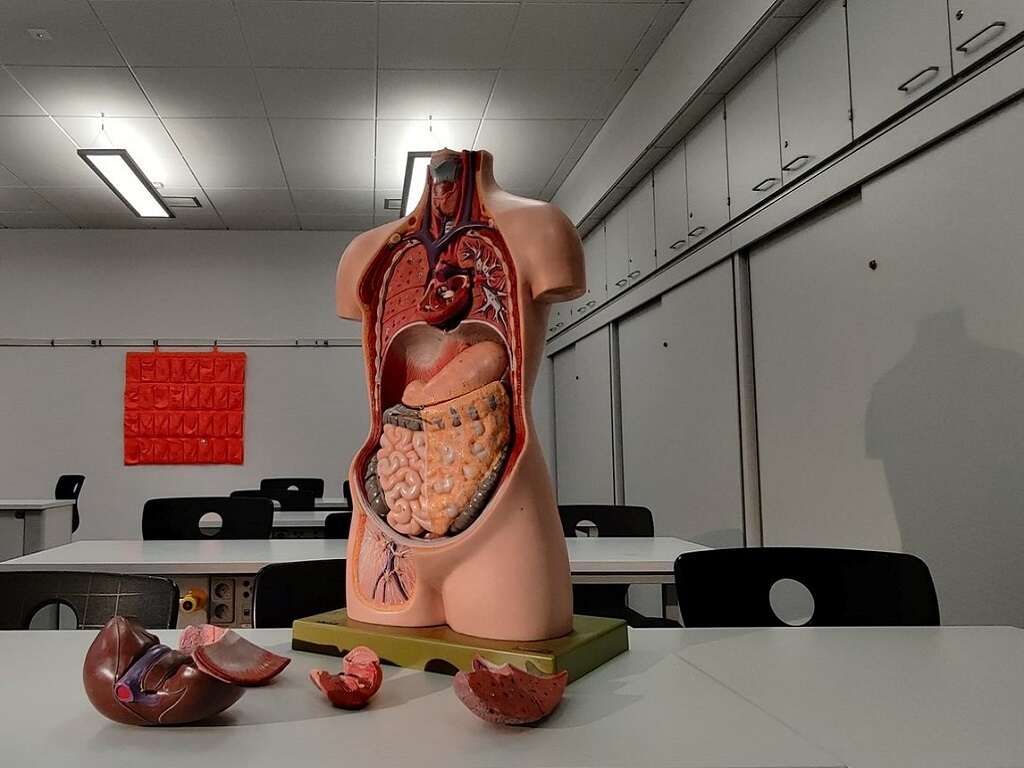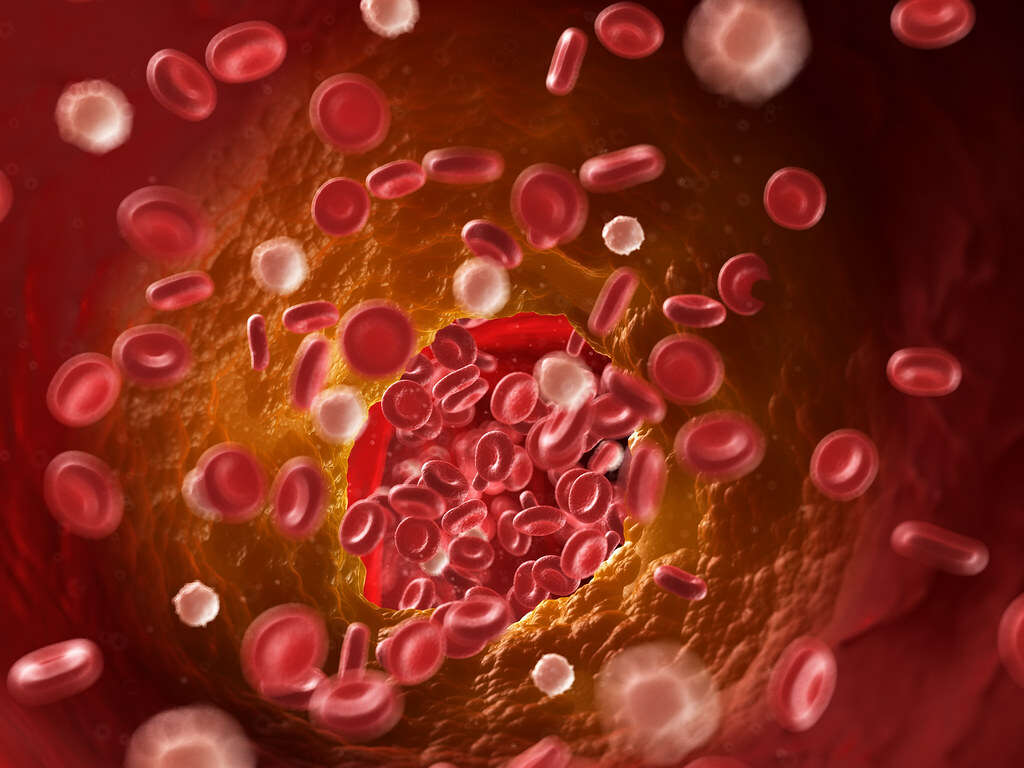10 Bloody Urine Causes
 Article Sources
Article Sources
- 1. 'Kidney Infection.' Mayo Clinic, Mayo Foundation for Medical Education and Research, 26 Aug. 2020, www.mayoclinic.org/diseases-conditions/kidney-infection/diagnosis-treatment/drc-20353393.
- 2. 'Chronic Kidney Disease - Symptoms and Causes.' Mayo Clinic, 15 Aug. 2019, www.mayoclinic.org/diseases-conditions/chronic-kidney-disease/symptoms-causes/syc-20354521.
- 3. 'Kidney Stones - Symptoms and Causes.' Mayo Clinic, 5 May 2020, www.mayoclinic.org/diseases-conditions/kidney-stones/symptoms-causes/syc-20355755.
- 4. Harvard Health Publishing. 'Hematuria.'Harvard Health, 17 June 2020, www.health.harvard.edu/a/to/z/hematuria-a-to-z.
- 5. 'Cystitis - Symptoms and Causes.' Mayo Clinic, 14 May 2020, www.mayoclinic.org/diseases-conditions/cystitis/symptoms-causes/syc-20371306.
- 6. 'Benign Prostatic Hyperplasia (BPH) - Symptoms and Causes.' Mayo Clinic, 2 Mar. 2019, www.mayoclinic.org/diseases-conditions/benign-prostatic-hyperplasia/symptoms-causes/syc-20370087.
- 7. 'Bladder Cancer Causes, Risk Factors, and Prevention.' American Cancer Society | Information and Resources About for Cancer: Breast, Colon, Lung, Prostate, Skin, www.cancer.org/cancer/bladder-cancer/causes-risks-prevention.
- 8. 'Urine Color - Symptoms and Causes.' Mayo Clinic, 24 Oct. 2020, www.mayoclinic.org/diseases-conditions/urine-color/symptoms-causes/syc-20367333.
Finding blood in the urine is fairly common and not necessarily an indication of a major health condition; however, individuals should discuss any concerns they may have with a medical professional. It's also important to note that some foods and supplements can give urine a darker color that could easily be confused with blood.
Blood in the urine is called hematuria. Hematuria may occur on its own or alongside other symptoms. Older individuals with a family history of blood in the urine are at greater risk of experiencing this symptom.
1. Kidney Infection
Since urine is created in the kidneys, blood could stem from these organs. An infection can occur when bacteria within the bloodstream enter the kidneys, which can cause blood in the urine, along with a host of other uncomfortable symptoms.
Other symptoms of a kidney infection include fever, vomiting, feeling the constant urge to urinate and painful urination. Medical professionals may order a urine test to determine the exact type of bacteria responsible for the infection.1‘Kidney Infection.’ Mayo Clinic, Mayo Foundation for Medical Education and Research, 26 Aug. 2020, www.mayoclinic.org/diseases-conditions/kidney-infection/diagnosis-treatment/drc-20353393. Practicing a healthy diet and drinking plenty of water are effective ways to help prevent kidney infection.
2. Kidney Disease
Kidneys are responsible for a variety of essential functions in the body. Decreased blood flow to the kidneys can damage them, which can lead to blood in the urine. Kidney disease may be either chronic or acute.
With chronic kidney disease, patients experience diminished kidney function for an extended period of time. Acute kidney disease has a more sudden onset of symptoms. When the kidneys are inflamed due to kidney disease, blood can be released into the urine.2‘Chronic Kidney Disease - Symptoms and Causes.’ Mayo Clinic, 15 Aug. 2019, www.mayoclinic.org/diseases-conditions/chronic-kidney-disease/symptoms-causes/syc-20354521.

3. Kidney Stones
Kidney stones form when minerals in the urine crystalize together. When this occurs, the urinary tract can become obstructed, making it difficult to urinate. It's not uncommon for individuals with kidney stones to have bloody urine.
Physicians will often prescribe painkillers to manage discomfort. Drinking water helps with passing many smaller kidney stones. For larger stones, doctors may recommend surgery to treat the problem. In many cases, kidney stones will naturally break apart and pass over time.3‘Kidney Stones - Symptoms and Causes.’ Mayo Clinic, 5 May 2020, www.mayoclinic.org/diseases-conditions/kidney-stones/symptoms-causes/syc-20355755.
4. Strenuous Activity or Exercise
Blood in the urine may appear following a marathon or long-distance run. The stress that heavy exercise and dehydration put on the bladder is believed to cause the symptom.
Most athletes experiencing exercise-induced hematuria feel little pain, and the issue usually resolves itself within a few days. Staying hydrated and getting adequate rest can help speed up recovery. If blood continues to pass through the urine after 72 hours, individuals should seek medical attention.4Harvard Health Publishing. ‘Hematuria.’Harvard Health, 17 June 2020, www.health.harvard.edu/a/to/z/hematuria-a-to-z.

5. Bladder Infection
Also known as acute cystitis, a bladder infection is a type of UTI that can cause bloody urine, although this blood can rarely be seen without a microscope. Symptoms of a bladder infection may include frequent urination and discomfort in the lower abdomen.5‘Cystitis - Symptoms and Causes.’ Mayo Clinic, 14 May 2020, www.mayoclinic.org/diseases-conditions/cystitis/symptoms-causes/syc-20371306.
Many bladder infections are caused by E. coli bacteria. Once a urine test is completed, a course of antibiotics is prescribed to treat the infection. If treated early, bladder infections rarely lead to further health complications.
6. Enlarged Prostate
An enlarged prostate can put significant pressure on the bladder, causing irritation and issues with urinating. Individuals with an enlarged prostate can experience either a constant need to urinate or an inability to urinate altogether. Bloody urine may also be seen.
An enlarged prostate is also known as benign prostatic hyperplasia and can be effectively treated with alpha-blockers. Those with a history of an enlarged prostate in the family are more likely to develop symptoms. Diabetes and age can also play a role.6‘Benign Prostatic Hyperplasia (BPH) - Symptoms and Causes.’ Mayo Clinic, 2 Mar. 2019, www.mayoclinic.org/diseases-conditions/benign-prostatic-hyperplasia/symptoms-causes/syc-20370087.

7. Bladder Cancer
Seeing blood in the urine is a potential early warning sign of bladder cancer. This form of cancer presents itself through many other symptoms, such as fatigue and weight loss. Some people with bladder cancer also experience localized pain in the lower back or side.
Prolonged exposure to industrial chemicals and smoking are known risk factors for bladder cancer. Treatment options for bladder cancer include chemotherapy or immunotherapy and surgery. Medical professionals will recommend the most effective approach to explore.7‘Bladder Cancer Causes, Risk Factors, and Prevention.’ American Cancer Society | Information and Resources About for Cancer: Breast, Colon, Lung, Prostate, Skin, www.cancer.org/cancer/bladder-cancer/causes-risks-prevention.
8. Injury
A direct injury sustained to the kidneys can bruise them, giving urine a red color. Other symptoms include nausea and general pain at the impact site.
Kidney injuries are assessed in the hospital. Doctors will order tests to confirm the diagnosis and severity of the injury. If the person is stable, and there are no other injuries to other organs, the kidney trauma can be managed without surgery. However, the patient will stay in hospital until no more blood is detected in the urine.

9. Medications
Various medications may be to blame for gross or microscopic hematuria, and Penicillin and aspirin are common culprits. Analgesics and diuretics can also cause small amounts of blood to show up in the urine. Other drugs that can cause blood in the urine include oral contraceptives.
It's important to raise any concerns with a doctor before stopping medications. Those who continue to see blood in the urine or experience worsening symptoms should seek medical help right away.
10. Other Causes
Some foods and supplements can give urine an unusual color. Beets and rhubarb can turn urine red or brown, which can easily be mistaken for blood. Vitamins are also known to cause the color of urine to change.8‘Urine Color - Symptoms and Causes.’ Mayo Clinic, 24 Oct. 2020, www.mayoclinic.org/diseases-conditions/urine-color/symptoms-causes/syc-20367333.
Small diet adjustments can help reduce any discoloration. Drinking adequate water every day can also help. If the discoloration remains or gets worse, seek advice from a doctor for additional guidance.










